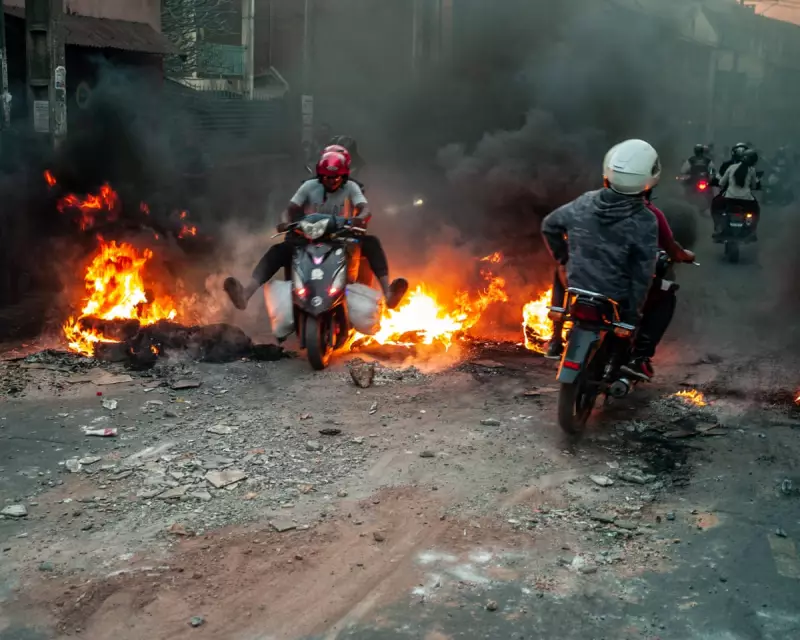
Madagascar has been plunged into political turmoil after President Andry Rajoelina took the extraordinary step of dissolving his entire government following weeks of escalating youth-led demonstrations.
The dramatic move comes as the Indian Ocean nation faces mounting pressure from citizens protesting against crippling poverty, soaring unemployment, and a deepening economic crisis that has left many struggling to afford basic necessities.
Youth Movement Sparks Political Earthquake
Unlike previous political unrest, the current wave of protests has been spearheaded primarily by Madagascar's younger generation. Thousands of students and young professionals have taken to the streets of the capital Antananarivo, expressing frustration with limited opportunities and what they describe as government inaction.
The protests have highlighted the growing disconnect between the political elite and ordinary citizens, particularly the 60% of Madagascar's population who are under 25 years old.
Economic Desperation Fuels Unrest
Behind the political crisis lies a severe economic situation that has pushed many Malagasy citizens to the brink. The country remains one of the world's poorest despite its rich natural resources, with approximately 75% of the population living below the poverty line.
Essential food prices have skyrocketed, while unemployment continues to affect millions, creating a perfect storm of discontent that has brought the country to a political crossroads.
What Happens Next?
With the government now dissolved, President Rajoelina faces the challenging task of forming a new administration capable of addressing the nation's deep-rooted problems while restoring public trust.
Political analysts are watching closely to see whether this drastic measure will calm the unrest or further inflame tensions in a nation familiar with political instability but now facing a new generation of activists demanding change.






